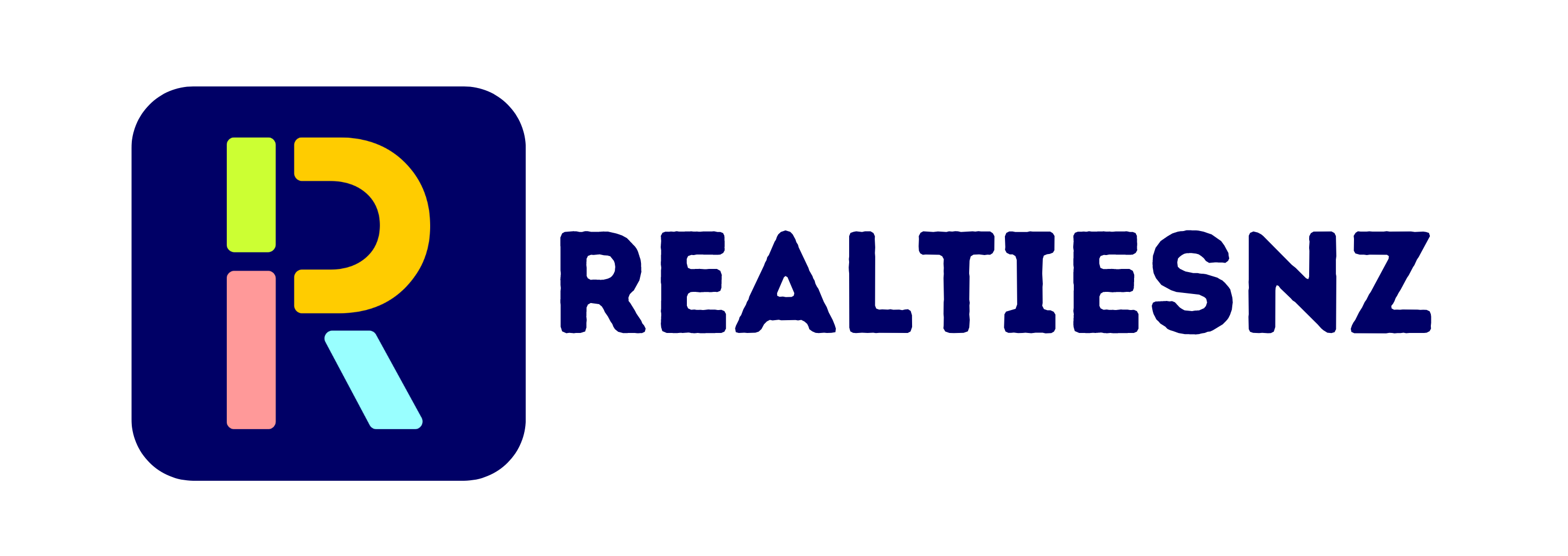Crypto and Blockchain may transform capitalist systems — what New Zealand should watch
Helius CEO Mert Mumtaz argues that calling cryptocurrency “Web 3.0” downplays its potential.
Crypto, he says, is evolving into “Capitalism 2.0,” enhancing foundational capitalist mechanisms like property
rights, transparency, and frictionless capital flows.
Simultaneously, U.S. regulators are exploring always on markets, tokenisation of real-world assets, and other reforms that could reshape global finance.
For New Zealand, these shifts offer both opportunity and challenges.
1. Re-framing Crypto:
Beyond Web 3.0 Mert Mumtaz, CEO of RPC (remote procedure call) node provider Helius, asserts that reducing crypto to
a “Web 3.0” internet paradigm mischaracterises its true role. He maintains that cryptocurrency and
blockchain technologies are poised to overhaul capitalism itself — turning it into what he describes as
Capitalism 2.0. Key ingredients in this view include:
Decentralised, free flow of information
Immutable property rights
Alignment of incentives, transparency, and low friction in capital movement
2. Regulatory Change: Always-On Markets & Tokenisation
In recent months, U.S. authorities — namely the SEC and CFTC — have floated proposals to modernise
financial markets. This includes:
Markets that operate 24/7, including weekends and holidays
Perpetual futures contracts (which do not expire)
Regulation for prediction or event-markets
These changes aim to integrate traditional finance systems with digital-asset infrastructure (blockchain,
tokenisation). Real-world asset tokenisation (stocks, stablecoins, property, collectibles etc.) is increasingly part of these discussions.
3. Examples of Movement in the Ecosystem
The Solana Foundation has issued a roadmap through to 2027 focused on “internet capital
markets”.
Brokerage platforms, such as Robinhood, have launched tokenised stock trading in regions like
Europe.
4. Relevance to New Zealand
Area of Implication for NZ:
Regulatory Framework
NZ regulators (FMA, RBNZ, others) may need to consider whether laws about
trading hours, securities, tokenisation, and digital asset regulation need
updating.
Financial Infrastructure:
There could be opportunities to build infrastructure (custody, digital rails,
blockchain settlement) to support tokenised assets and continuous markets.
Innovation & Risk:
NZ fintechs and DeFi ventures could benefit, but there are risks: regulatory
uncertainty, investor protection, and market stability need strong frameworks.
Global Alignment:
NZ actors looking to participate globally must understand U.S. and other
international standards—classification of tokens, legal status, interoperability.
Key Insights
Insight Why It Matters for NZ
- Crypto seen as evolution of capitalism, not
just internet tech’ - Encourages thinking about crypto’s broader societal
and economic impacts — not just speculative value - Regulatory proposals for continuous
markets and tokenisation are accelerating - Signals that finance is moving 24/7, which could
reshape trading, settlement, and regulation in NZ too - Real-world assets tokenisation is
progressing (stocks, stablecoins, real
estate) - Could open new investment classes and capitalraising
models in NZ property, agriculture, etc. - Innovation must be balanced with
regulation and consumer protection - Learning from other jurisdictions could help prevent
pitfalls while enabling upside

